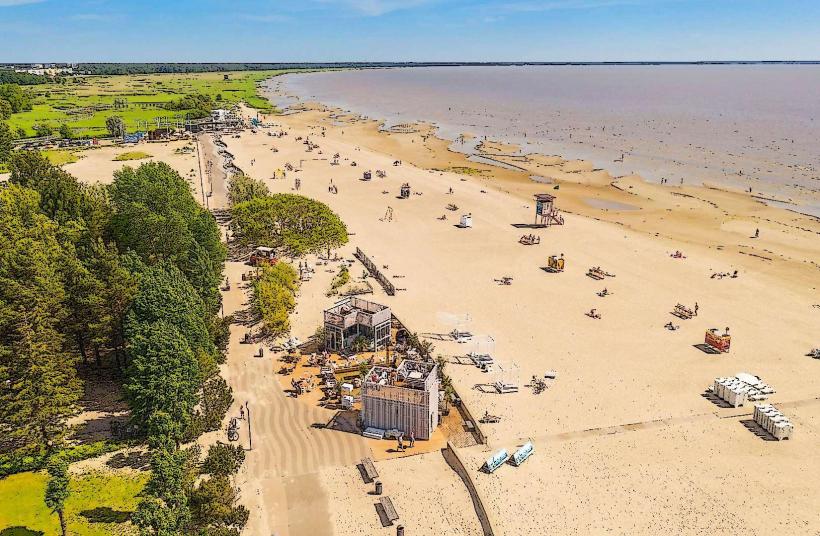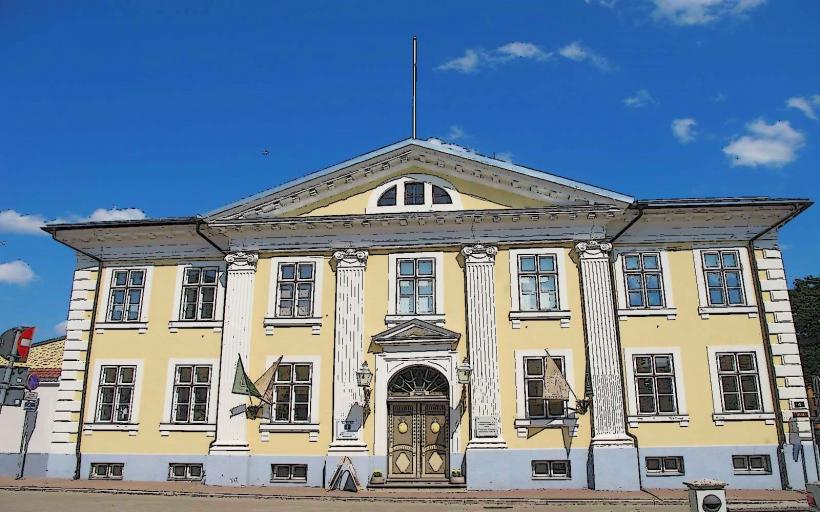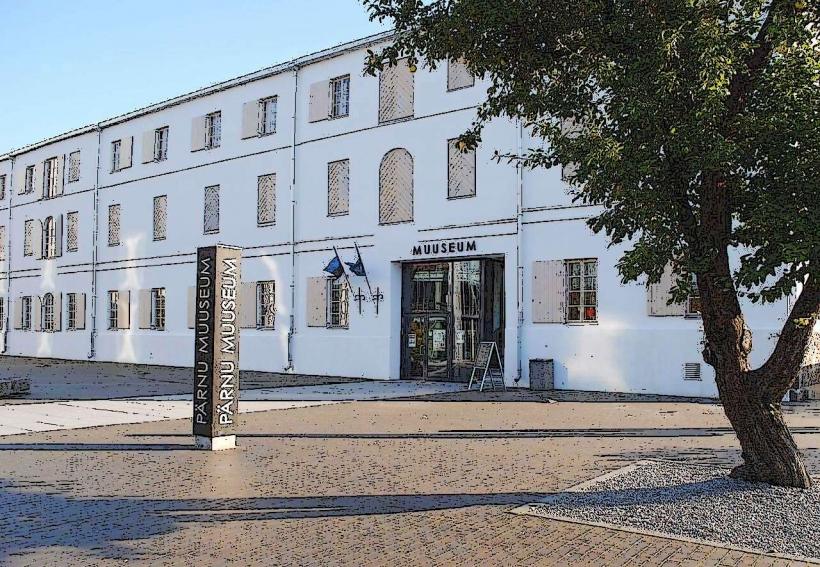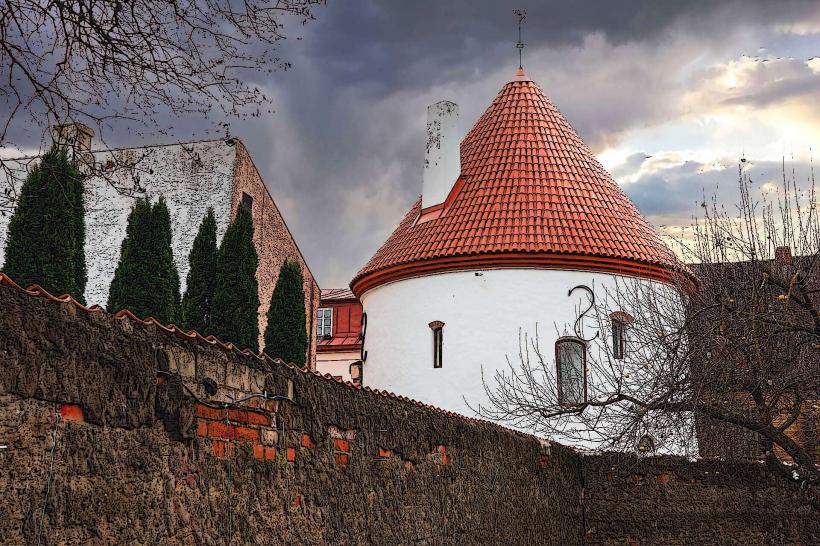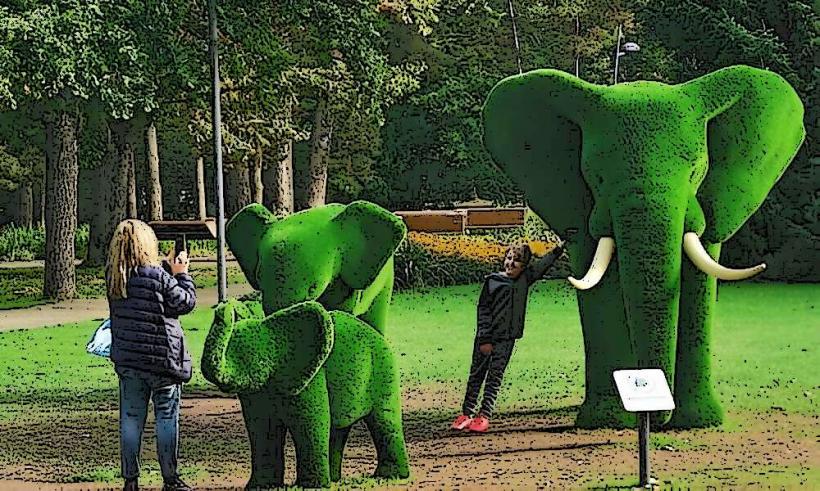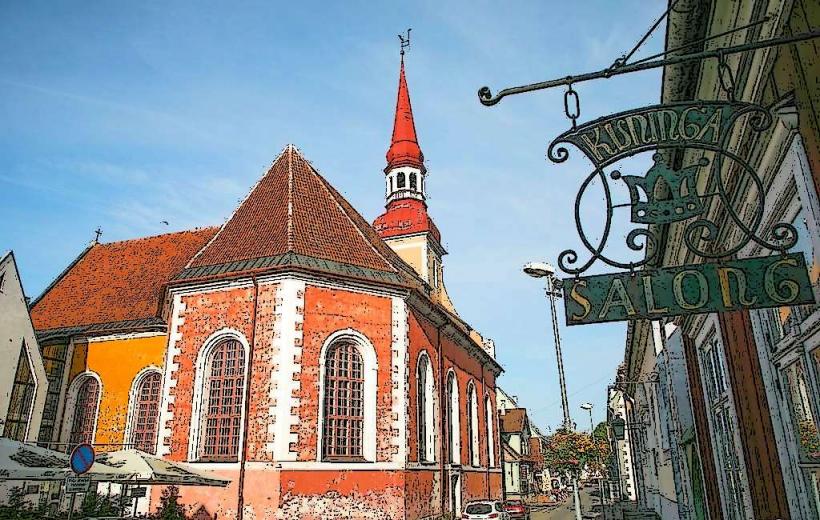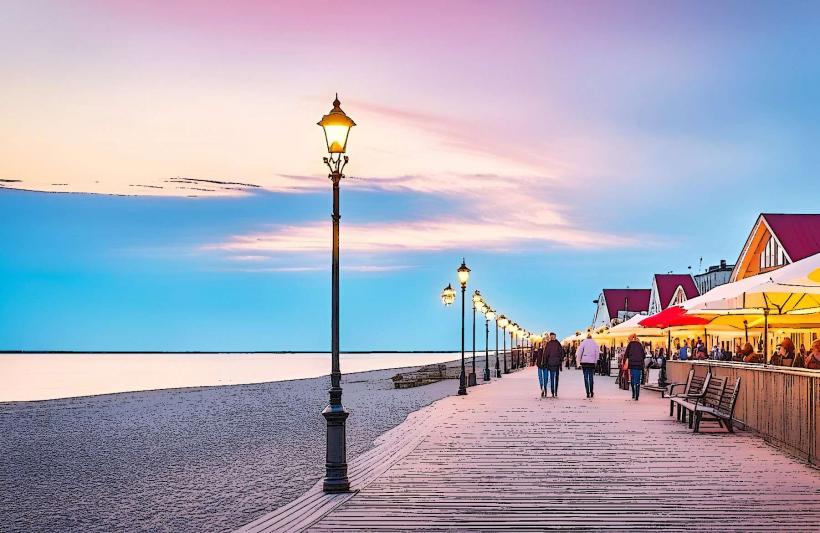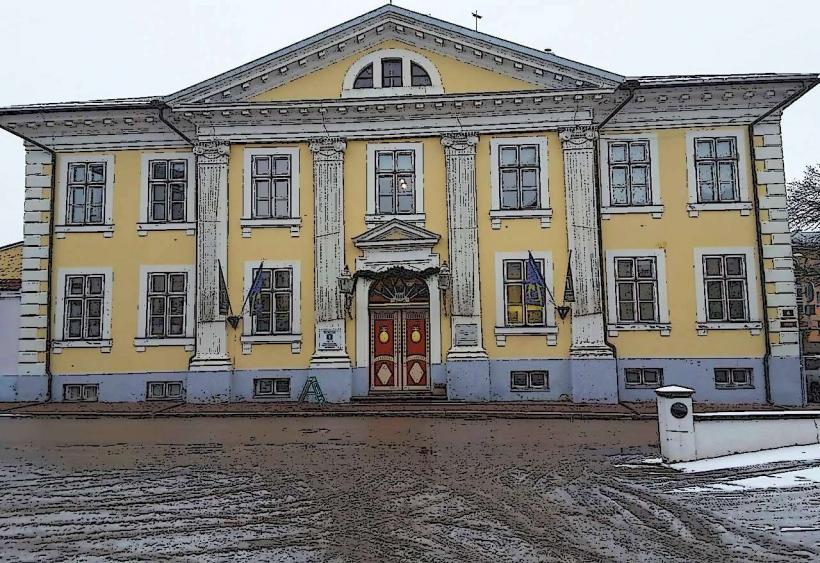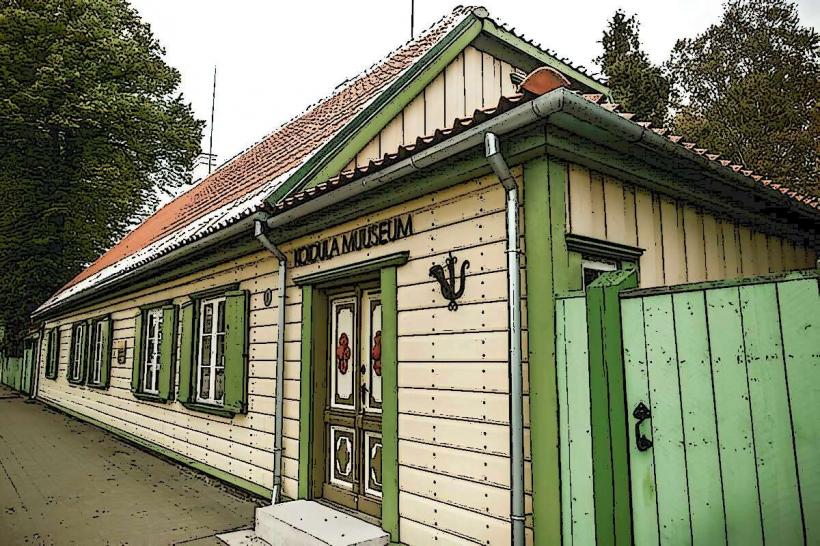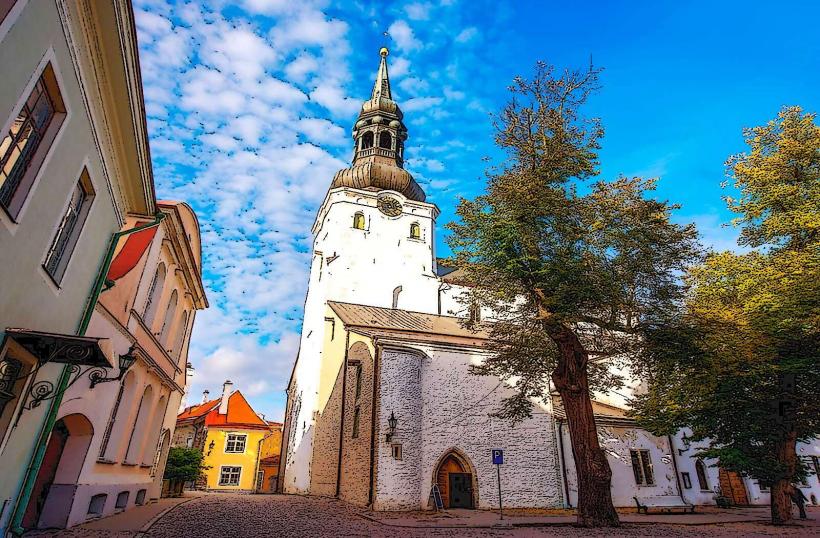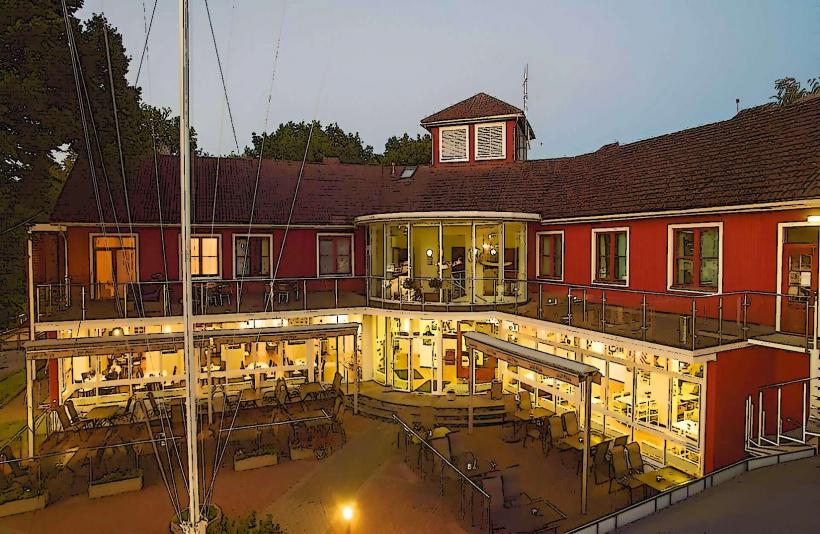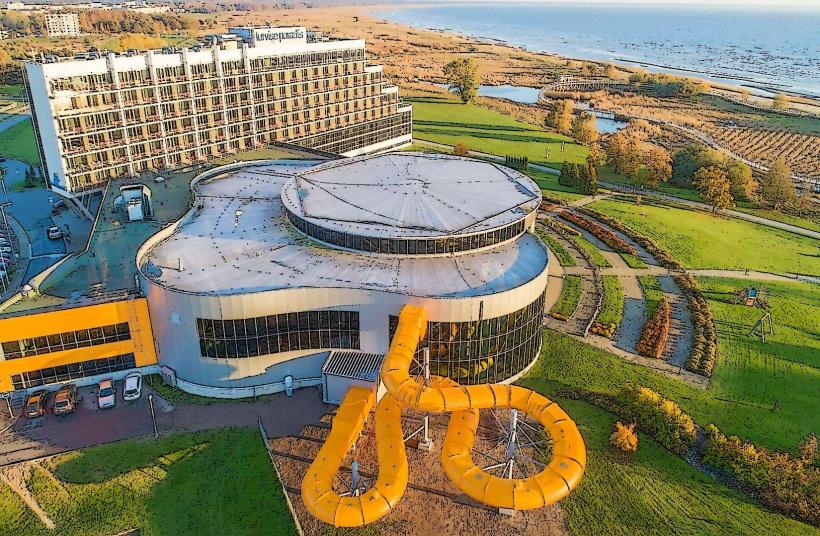Information
Landmark: Kihnu MuseumCity: Parnu
Country: Estonia
Continent: Europe
Kihnu Museum, Parnu, Estonia, Europe
Kihnu Museum is located on Kihnu Island, one of the largest islands in the Pärnu County of Estonia. The museum offers a fascinating glimpse into the island’s unique culture, history, and way of life. Kihnu Island is known for its rich traditions, which include its distinctive folk art, crafts, music, and a lifestyle that has been preserved for centuries. The museum plays a key role in preserving and showcasing the cultural heritage of the island and its people.
1. Overview and Location
- Location: Kihnu Island is located in the Baltic Sea, off the coast of mainland Estonia. The island can be reached by ferry from the mainland, specifically from Pärnu or Munalaid. The Kihnu Museum is situated in the island's main village, offering visitors easy access to learn about the island's traditions.
- History of the Island: Kihnu Island has been inhabited for centuries and has a distinct cultural identity that is different from mainland Estonia. The island is known for its maritime traditions, unique dialect, and women-led cultural practices. The island was even inscribed on the UNESCO Intangible Cultural Heritage list in 2003, highlighting its importance to Estonian culture.
2. Museum's Focus
- Cultural Heritage: Kihnu Museum focuses on showcasing the rich cultural heritage of Kihnu Island. The exhibits are dedicated to the island's traditional way of life, including the distinctive roles of women in the community, local customs, fishing techniques, and craftsmanship. The museum also highlights the island’s maritime traditions, which have been vital to its economy and identity.
- Traditional Clothing: One of the standout features of the museum is its collection of traditional Kihnu clothing. The island is known for its distinctive folk costumes, which are brightly colored and intricately designed. These garments are still worn by the island’s residents during cultural events, celebrations, and festivals.
- Folk Art and Crafts: The museum houses various examples of folk art and crafts, including textiles, embroidery, and knitted goods. The island’s women are particularly known for their skills in textile arts, which have been passed down through generations. Visitors can learn about the techniques used in creating these beautiful handmade items.
- Maritime Traditions: Given Kihnu's history as a fishing and maritime community, the museum also includes exhibits dedicated to the island’s seafaring traditions. This includes tools used for fishing, models of traditional fishing boats, and information on how the islanders have historically relied on the sea for their livelihood.
- History and Daily Life: The museum offers a window into the everyday lives of the people of Kihnu, showcasing how the island’s inhabitants lived, worked, and celebrated. It provides insight into traditional farming practices, home life, and the community’s social structure.
3. Exhibits and Collections
- Permanent Exhibits: The museum features several permanent exhibits that give visitors a deeper understanding of Kihnu’s history, culture, and traditions. These include displays of historical artifacts, photographs, and written records.
- Temporary Exhibits: The museum also hosts temporary exhibitions, often showcasing contemporary artists, seasonal events, or specific aspects of Kihnu’s heritage that are being highlighted at that time. These exhibitions allow the museum to stay dynamic and relevant to both locals and tourists.
- Historical Tools and Artifacts: The museum features a variety of tools and artifacts related to Kihnu's maritime and agricultural history, including sewing machines, wooden boats, fishing nets, and traditional kitchenware. These exhibits help illustrate the islanders' way of life and the integral role of traditional craftsmanship in their daily activities.
4. Cultural Programs and Events
- Festivals: Kihnu Museum plays a central role in many of the island’s cultural festivals and celebrations. The museum helps organize and support events that highlight Kihnu’s traditions, such as the Kihnu Music Festival and Kihnu Day, where locals and visitors can experience traditional songs, dances, and customs.
- Workshops and Demonstrations: The museum occasionally offers workshops where visitors can learn about Kihnu’s traditional crafts and skills. These may include weaving, embroidery, and fishing techniques, as well as cooking traditional Kihnu dishes. These hands-on experiences provide a deeper connection to the island’s culture.
- Live Performances: Traditional Kihnu music, including folk songs and dance performances, are often featured at the museum or nearby cultural events. These performances are an important part of maintaining the island’s cultural identity and provide a chance for visitors to immerse themselves in local traditions.
5. Kihnu Island and UNESCO Recognition
- UNESCO Intangible Cultural Heritage: Kihnu Island was added to the UNESCO list of Intangible Cultural Heritage of Humanity in 2003 due to its preservation of traditional customs, particularly the role of women in maintaining the cultural practices. The island's unique way of life, where women traditionally handled the household and cultural activities while men went to sea, has helped to maintain a distinct cultural identity.
- Cultural Preservation: The museum plays a vital role in preserving the cultural heritage of Kihnu, ensuring that future generations of Kihnu islanders and visitors continue to appreciate and respect the traditions that have shaped the island over centuries.
6. Visitor Experience
- Interactive Displays: The museum is designed to be engaging and educational, with interactive displays that make it accessible for both adults and children. These include visual presentations, videos, and interactive technology that help explain the history and traditions of Kihnu.
- Gift Shop: The museum also has a gift shop, where visitors can purchase local handicrafts, Kihnu souvenirs, and traditional folk art. The items available for sale are often made by local artisans, giving visitors a chance to take a piece of Kihnu culture home with them.
- Friendly Atmosphere: Visitors often note the warm and welcoming atmosphere of the museum, where the staff are knowledgeable about Kihnu’s history and eager to share insights into the island's culture and traditions.
7. Conclusion
Kihnu Museum is a must-visit destination for anyone interested in learning about Kihnu Island's unique cultural heritage. It offers a captivating look into the traditions, customs, and lifestyle of the island’s inhabitants, focusing particularly on the important role of women in preserving Kihnu’s cultural identity. Whether you are interested in folk art, maritime history, or the island’s UNESCO-recognized traditions, the museum provides a comprehensive and engaging experience. It is an essential stop for those looking to understand the rich cultural tapestry of one of Estonia’s most distinctive islands.

